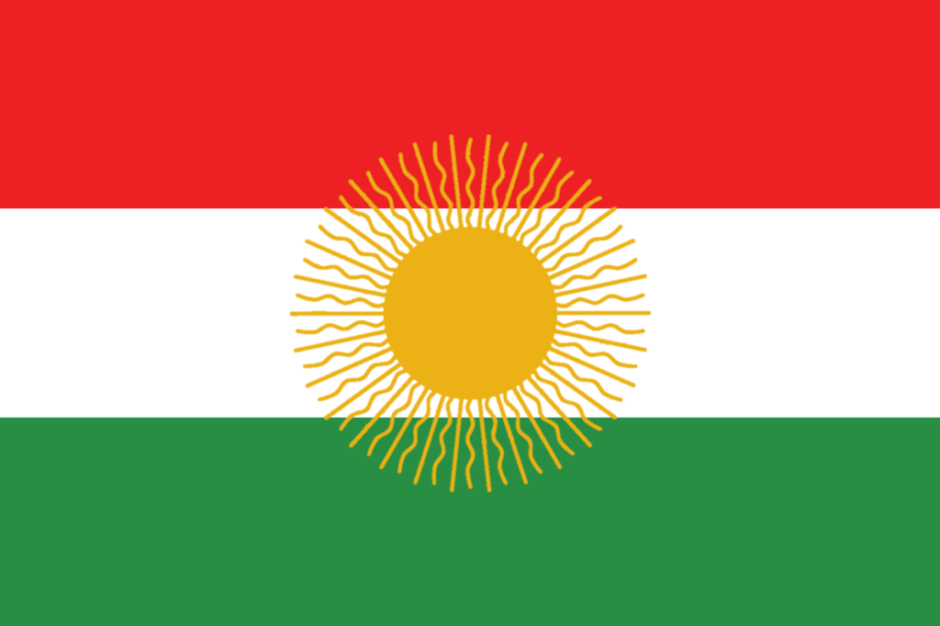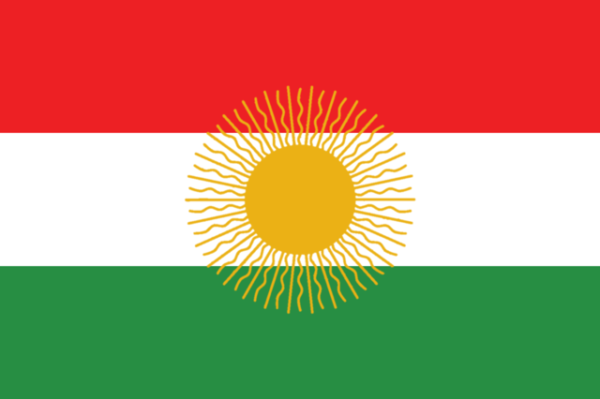
In the recent Kurdish referendum on independence, the citizens of the Kurdish autonomous region of northern Iraq, to no one’s surprise, voted overwhelmingly, at 91.83 percent, to create a sovereign state.
In the run-up to the vote, opponents of the move tried to smear the Kurds by claiming they were, in effect, in the pay of Israel.
The “proof?” A statement from Israeli Prime Minister Benjamin Netanyahu: “While Israel rejects terror in any form, it supports the legitimate efforts of the Kurdish people to attain a state of its own.”
Turkey and Iran, as well as the government in Baghdad, then began to spread false news.
“We will not allow the creation of a second Israel in the north of Iraq,” Iraqi Vice-President Nouri al-Maliki, a former prime minister, said at a meeting with U.S. Ambassador Douglas Silliman.
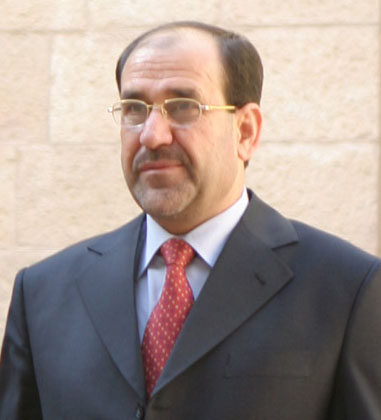
A number of Turkish media outlets supportive of President Recep Tayyip Erdogan claimed that Kurdish groups had entered into a secret deal with Israel to gain their independence by resettling Jews to the region. They alleged that Mahmoud Barzani, president of Iraq’s autonomous Kurdistan Regional Government (KRG), agreed to welcome some 200,000 Israeli Jews of Kurdish origin.
In exchange, Israel would reportedly back Barzani’s bid for Kurdish statehood in the upcoming referendum. The reports of the deal cited a magazine called Israel-Kurd, then published in Kurdish Iraq.
Another Turkish paper contended that Barzani is Jewish and comes from a long line of Kurdish rabbis. “Turkey, don’t be asleep!” one column warned.
But Yona Sabar, a Kurdish Jewish professor of Hebrew and Aramaic at the University of California in Los Angeles, and author of The Folk Literature of the Kurdistani Jews, said these articles are based on an inaccurate reading of Kurdish Jewish history.
Supporters of the ultra-nationalist Turkish Homeland Party protested outside the Israeli embassy in Ankara, claiming that Jerusalem was attempting to establish a “second Israel.” Utku Reyhan, secretary-general of the party, said in a press statement that the independence referendum was a “declaration of war by U.S. imperialism and Israeli Zionism against countries in the region.”
Diliman Abdulkader, a Kurdish scholar and analyst of Middle East affairs, told Newsweek magazine that such attacks were designed to destroy Kurdish credibility in the region by associating them with Israel and playing on prejudices against Jews.
The attempts to link the Kurdish referendum with Jews or Israel “is common not only in Turkey but among Muslims in the Middle East. True there are over 150,000 Kurdish Jews in Israel, but this has no links with the push for self-determination.”
A book titled Israel’s Kurdish Card, which describes the possibility of Israel expanding its borders through an alliance with the Kurds, can be found in Turkish bookstores.
Major General Mohammad Hossein Baqeri, Chief of Staff of Iran’s armed forces, also denounced the referendum as a “plot” hatched by Israel and its allies. “The Zionist regime and the world arrogance” — meaning the United States — “are behind this,” he declared.
And Ayatollah Ahmad Jannati, chair of the Assembly of Experts, the body that selects the country’s Supreme Leader, asserted that Kurdistan’s bid for independence from Iraq is an attempt to “create another Israel” in the region. Jannati stressed that the United States, Saudi Arabia and Israel “are trying to weaken the region.”
The notion of a Kurdish state as a “second Israel” is not new. In 1966, Iraqi Defence Minister Abd al-Aziz al-Uqayli blamed the Kurds of Iraq for seeking to establish “a second Israel” in the Middle East.
In actual fact, the Kurds and Israelis do go back a long way as allies, when Israel’s foreign policy strategy of peripheral alliances was first launched. It maintained that Jerusalem should seek alliances with non-Arab states as well as with minorities in the Middle East as counterweights to the Arab bloc.
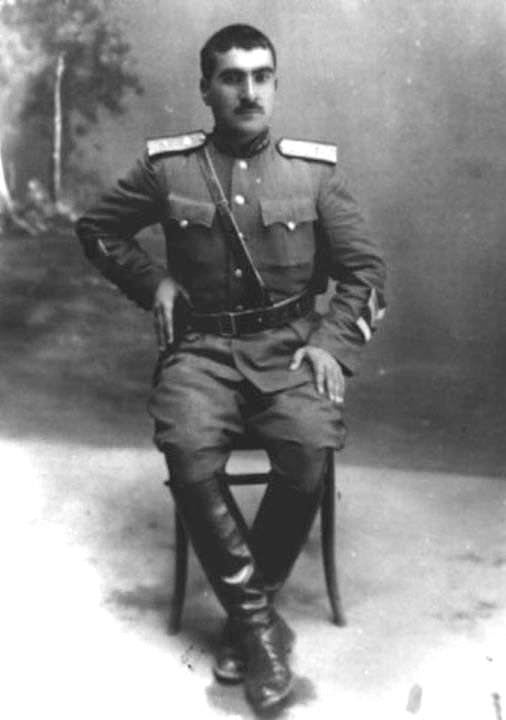
Israel has had a close relationship with Kurdish groups that dates back many decades, after the outbreak of the Kurdish rebellion in Iraq in the autumn of 1961 under Kurdish leader Mustafa Barzani, father of the current president of the KRG.
Barzani visited Israel secretly twice, in 1968 and 1973, meeting with Israeli officials. For their part, various Israeli officials frequented the Kurdish region. Over the years, Israeli doctors set up a field hospital for the Kurds, its soldiers trained the peshmerga fighters and the Mossad, Israel’s intelligence agency, helped arm them.
However, these ties were abruptly stopped in March 1975 following the Algiers Accord between Iraq and Iran that put an end to the Kurdish rebellion.
Tehran, as part of the agreement, agreed to suspend its aid to the Iraqi Kurds, and Israel did not wish to offend Iran, then an Israeli ally under Shah Mohammad Reza Pahlavi.
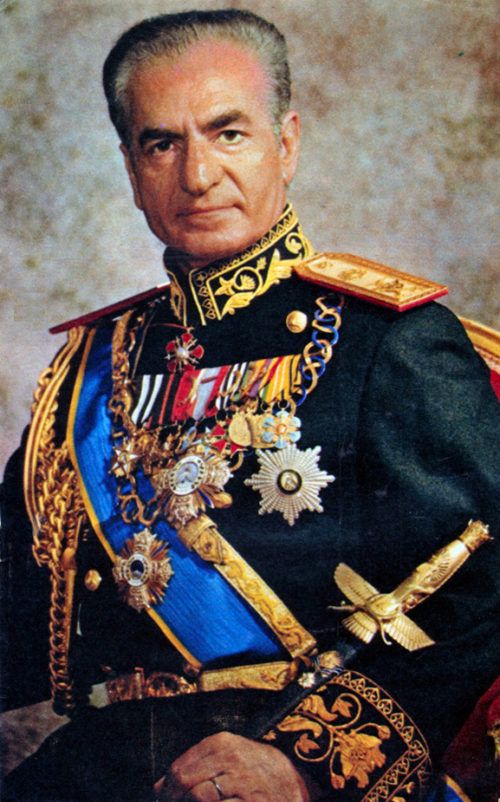
The 2003 war in Iraq and the establishment of a de facto Kurdish state reinvigorated ties between Israel and the KRG.
The rhetoric now coming out of Ankara, Baghdad and Tehran threatens the Kurds with economic sanctions and military force should they try to create a country.
By virtually any criteria, the Kurds deserve their own state — something promised them by the Allied powers during World War I, but which never came to fruition. Then, as perhaps now, the Kurds were betrayed.
The largest nationality in the world without a state of their own, they are spread across Turkey, Syria, Iraq and Iran. They are the fourth-largest ethnic group in the Middle East, after the Arabs, Persians, and Turks.
They are also an ancient people with an ethnic, cultural and linguistic identity stretching back millennia, and have faced decades of brutal oppression as a minority throughout the region. Yet they cannot seem to garner sufficient support for their political aspirations.
The Kurds have a far better case for statehood than do the Palestinian Arabs. They have their own unique language and culture, which the Palestinian Arabs do not.
Yet the same people who would deny the Kurds the right to a state are the loudest in demanding that the Palestinians obtain one. The hypocrisy never ends.
Henry Srebrnik is a professor of political science at the University of Prince Edward Island.

